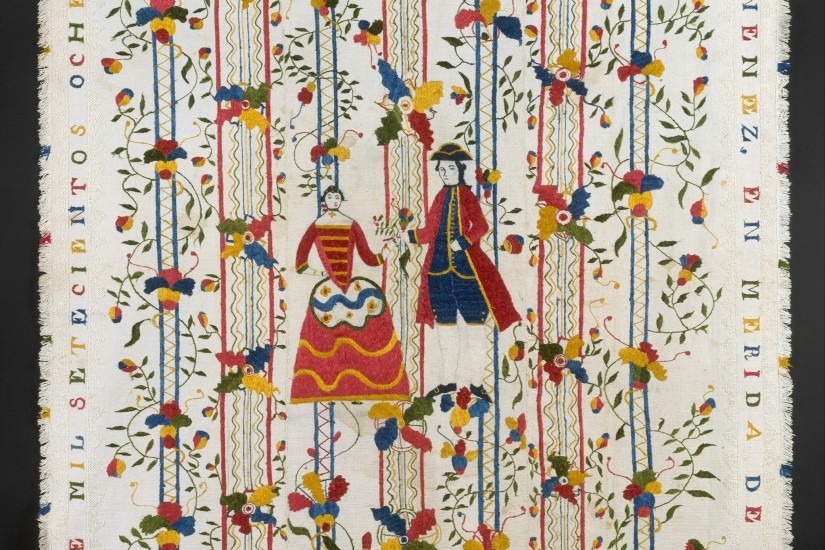Until recently, at the bottom of my closet sat a neatly organized treasure trove of over three hundred personal letters written in the 1960s and early 1970s and exchanged among family members across the U.S.-Mexico borderlands. Written in Spanish with sprinklings of English, they contain a wealth of insight about the social, familial, and intimate relations built, sustained, and sometimes lost across the vast divide. They underscore that the decision to immigrate to the United States was not without personal and emotional pain, although it could also elicit excitement and eager anticipation. Indeed, migrating invited a host of challenges as well as rewards. The writings depict longing, isolation, and restlessness living between here (aqui) and there (allá) and demonstrate moments of discovery, deep satisfaction, and joy in having made the move, albeit often temporarily. They reveal, too, the creative coping mechanisms and cultural resources migrants devised, adapted, and drew upon to negotiate the daily reality of living relatively alone and facing a host of gender, racial, ethnic, class, and cultural constraints in the new environment.
Like all sources, the letters are biased, inconsistent (some are missing, undated, illegible, incomplete, or penned sporadically), manipulative, formulaic, and mundane. Without a richly textured historical framework animating and breathing life into them, the missives are anecdotal, irrelevant, and cut off from the ebbs and flows of that region of the globe.
My effort to make meaning of the letters began in 2012, shortly after my tío Paco, my father’s youngest brother, who raised me and my only brother, rediscovered the letters and placed them in my hands. My uncle had found the letters in the basement of his house, where they had been stored ever since my brother and I had moved into his home and that of his wife, Beatríz Chávez, in 1981, after a horrific car accident early that year, on our way home from Mexico, took the lives of my parents and my paternal grandmother. My brother and I, who were thirteen and twelve years of age, respectively, were also in the wreck but fortunately survived with few serious injuries. In the process of adjusting our lives to the new household, we got rid of most of my family’s belongings, save for family albums, heirlooms, and random knickknacks. Thankfully, we hung onto the surviving eighty letters my parents had exchanged: forty-five from my father written in the United States, thirty-five from my mother based in Mexico.
